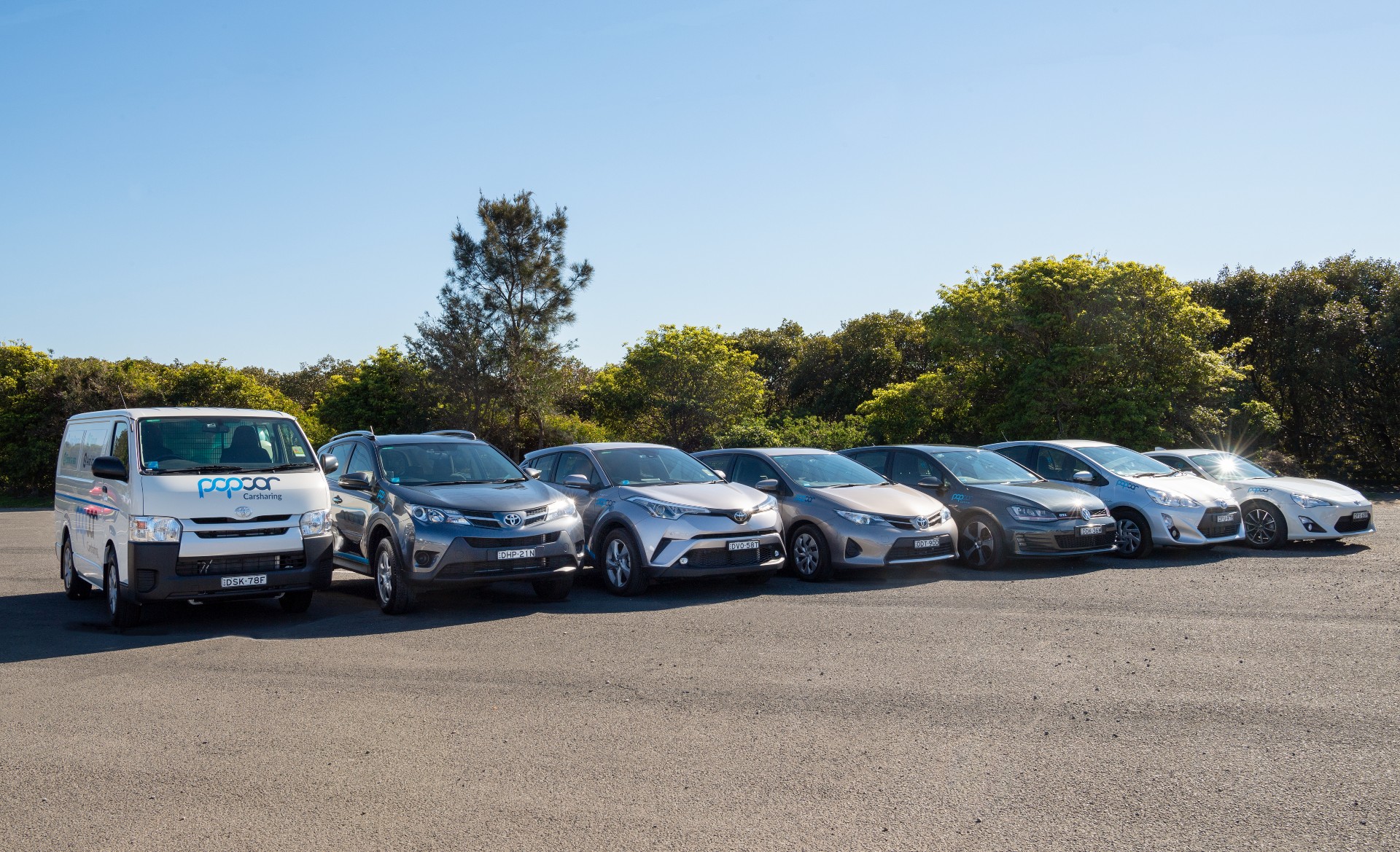
There are huge costs associated with owning a car. From personal financial costs, to broader environmental costs. There are a multitude of ways in which car sharing lessens the considerable impact our cars have on the environment. Less cars need to be manufactured firstly, car sharing decreases the demand for car manufacturing, which is an extremely resource and energy intensive process. Over 39 thousand gallons of water are needed to build just one car, while tyres require over 500 gallons of water each, not to mention the huge initial carbon outlay. Since the production of cars creates such a large impact on the environment, the most sustainable way for cars to function is to produce fewer cars, and use these cars as much as possible. Cars that are produced simply to be kept still on someone’s driveway for most of their life, are taking an unnecessary toll on our planet. In fact, around the world, 90% of cars are not being used for 90% of the time.
Individually owned cars tend not to reach their full potential in terms of the extent to which they are used before they are replaced. In reality, cars can be kept running for 20-30 years, but the cost of maintenance means we choose to replace them well before it is really necessary. Therefore, it makes a lot of sense to produce less cars, then double, triple and quadruple their use. And of course, one of the quickest and most economical ways to do this is through car sharing. Taxis are one of the most common form of car sharing that has been around for decades. Most vehicles that are used as taxis are relatively new, and have around 300-500 thousand miles before they are replaced. Most individuals will never have a car that has more than 150 thousand miles on it when the car is old, so an individually owned car would on average, have only around a third of the usage of a taxi. Even when a taxi has been used a lot, many of its parts can still be recycled as it is still a modern car that has simply had intense use.
A study by MIT University in America goes on to say that people often don’t consider the carbon emitted in the collection of crude oil from the well, all the way through to cargo, refining and distributing fossil fuels. Meaning that a car will actually use 4-5 times more carbon per kilometre than the manufacturer states, because there has been an enormous amount of impact to get the fuel to the car in the first place. This is what is known as the ‘Well to Wheel’ argument. Changing our attitude towards sustainability. The benefits of car sharing have far reaching impacts on the way our ideas surrounding sustainability are shaped. Some people may drive an unnecessarily large vehicle to work every day, and only use it for carrying loads a fraction of the time. This means using a lot more fuel than they actually require, as well as paying more than is necessary for their needs.
In terms of sustainability, it makes sense that we aim to shift the supply and demand of vehicles towards the minimum necessity, rather than manufacturing cars for people who want a fancy, albeit stationary vehicle sitting on their driveway. Car sharing also encourages car substitutes for journeys in which a car is not required, and can help provide incentive for local governments to maximise the efficiency of public transport. More electric cars on the roads most taxi services and car sharing fleets, like Popcar, have a proportion of electric cars or hybrids because they require fewer services, require less maintenance and repairs, have more up to date technology, are better suited to city driving as they use almost no energy in traffic jams. Diesel engines emit particulates that can cause cancer and lung issues, while petrol engines emit toxic gases. Filling our car-centric cities with electric cars will not only make them cleaner and healthier places to live, but also dramatically reduce noise pollution.

Fewer cars needing to be parked in city streets, and inner city car parks can lower congestion and the time spent sitting in traffic jams. This would allow more space in cities to be used for other purposes such as green spaces, rather than towering concrete car parks that store cars for hours on end. Electric vehicles require little to no maintenance. Even the cars with smaller 24kWh battery packs can be expected to drive up to 1 Million miles before they could be considered waste, so you get more value from the initial carbon outlay. If you run an electric car on 100% renewable energy, then it takes less than 4-6 months of driving in comparison with an internal combustion engine vehicle, before you are emitting less cO2 into the atmosphere, including the outlay in producing the vehicle. Some estimates suggest that car sharing has already prevented over 14 tonnes of greenhouse gasses from entering the atmosphere annually. There can be no doubt that initiatives like Popcar are a step in the right direction, and are helping our cities become cleaner, safer, and more enjoyable places to live.






